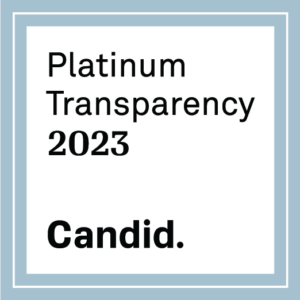Rare Cancer Workshop: Envisioning Collaborative Solutions in the U.S.
In November 2023, a group of 35 rare cancer-focused academic leaders, cancer center directors, clinicians, researchers, representatives of the National Cancer Institute and FDA, as well as rare cancer foundations and patient advocacy leaders convened a workshop to examine the issues and opportunities for rare cancer. and to imagine a path forward towards effective treatments and cures for rare cancer patients.
Dr. Gary Schwartz, JEDI Rare Cancer Foundation medical advisory board chairman and director of the Case Comprehensive Cancer Center (Case CCC), welcomed leaders from across rare cancer constituencies to Cleveland for a workshop sponsored by the Jedi Rare Cancer Foundation, the Rare Cancer Research Foundation, and Case CCC.
The meeting was designed to be the first step in a strategic planning process to build a collaborative approach to defeat rare cancer in the United States. The workshop utilized Appreciative Inquiry— sometimes called an asset- or strength-based approach to systems change because it emphasizes positive idea generation over negative problem identification. This method facilitated the group’s collective work toward developing strategies to create centralization around the study of rare cancers.
Four themed categories were defined as areas for workshop sessions:
Research
Biospecimens and Data
Patient-centered Pathways, Funding, and Management
Government.
The vision was to reach actionable consensus and pathways to build out a systemic approach to accelerate discovery and treatment of rare cancers. With this shared vision, our coalition is determined to chart that path by integrating and scaling the best solutions for rare cancer challenges across the discovery, development, and care delivery systems.
Moving forward, a steering group will further the strategic planning process and initiate the development of pilot projects intended as demonstration models for a federated, collaborative approach to rare cancers. The group will also organize a Rare Cancer Summit to engage the collective rare cancer community to refine and develop a consensus in adopting the strategic plan to establish the foundations of a systemic approach that will end rare cancer as we know it.





